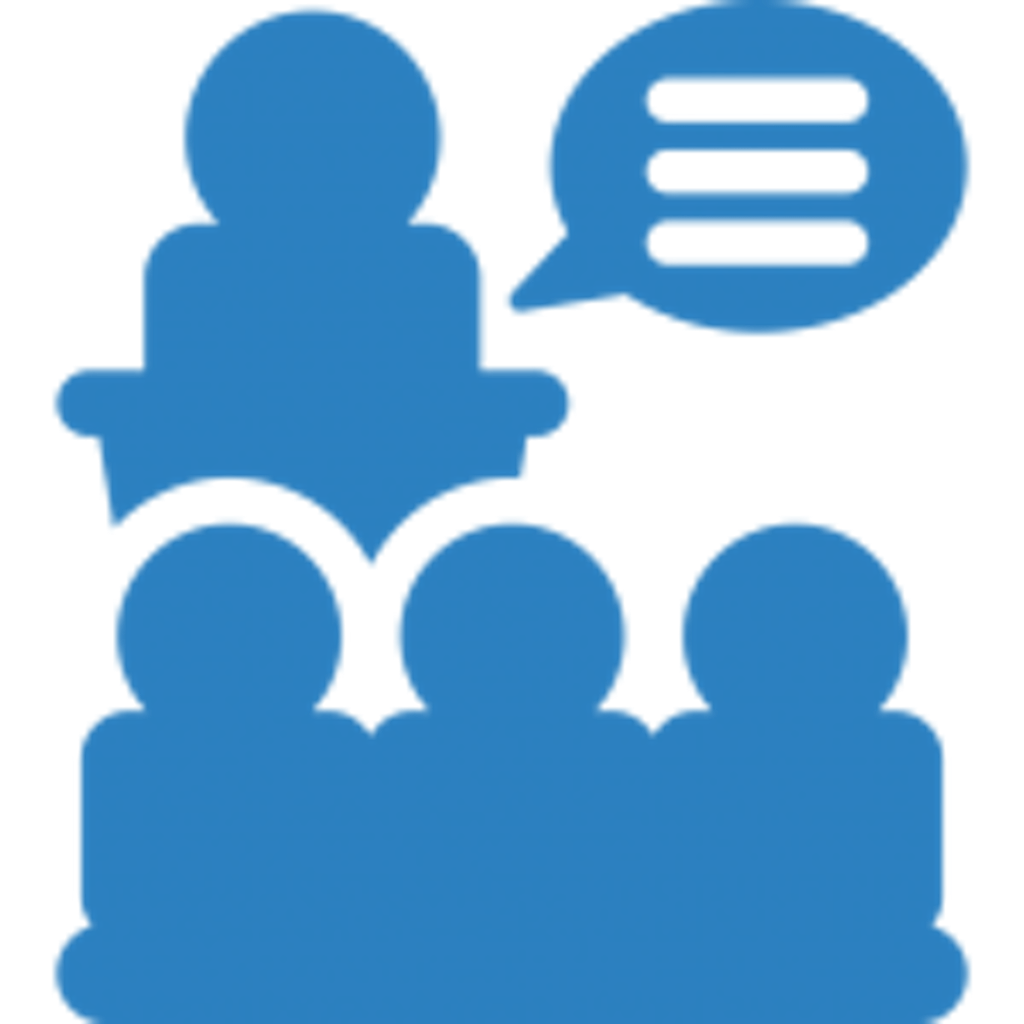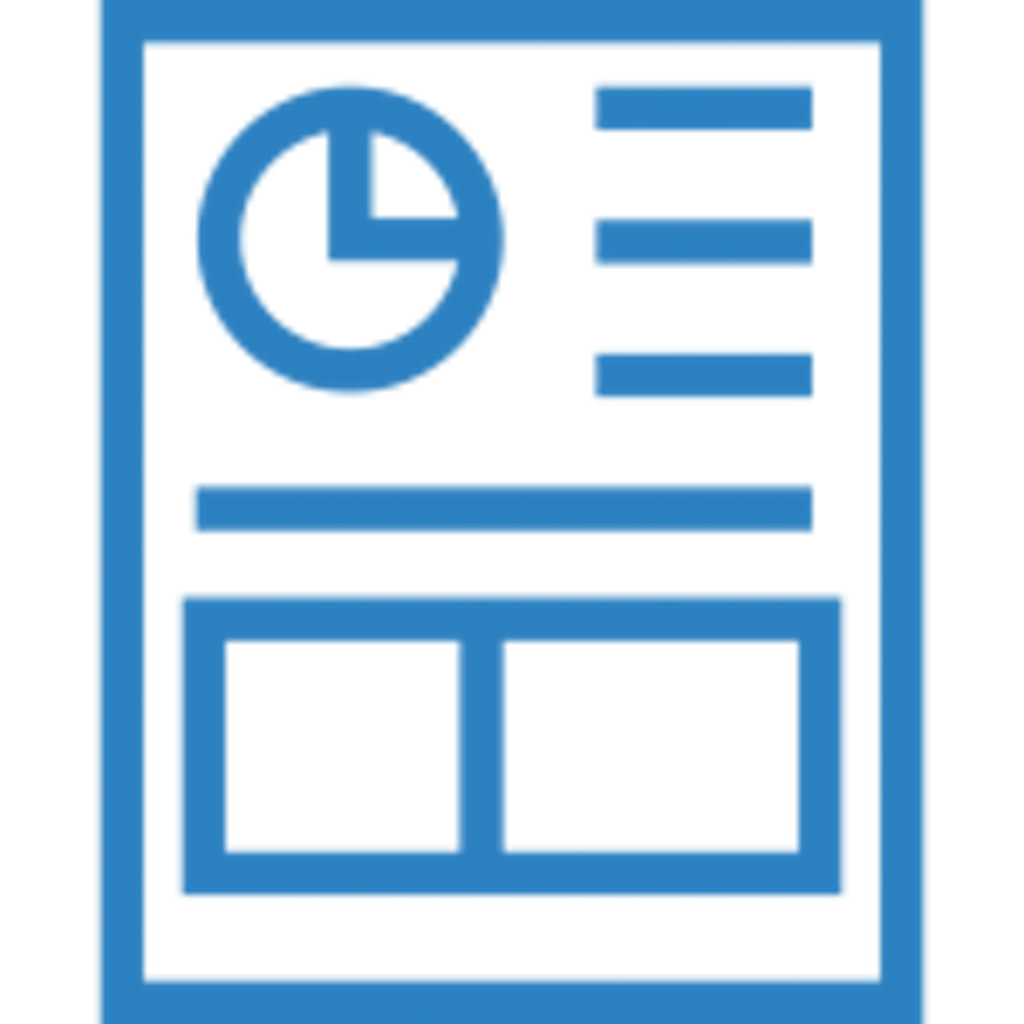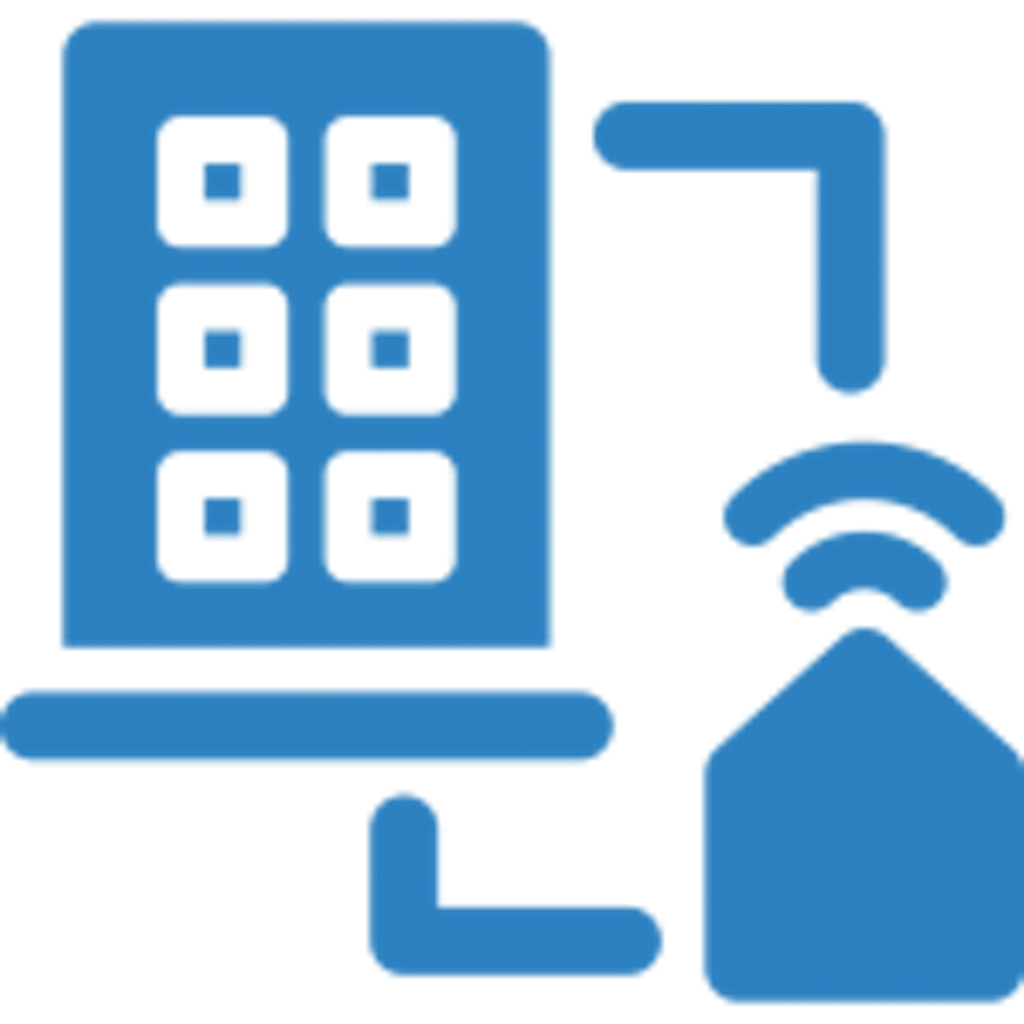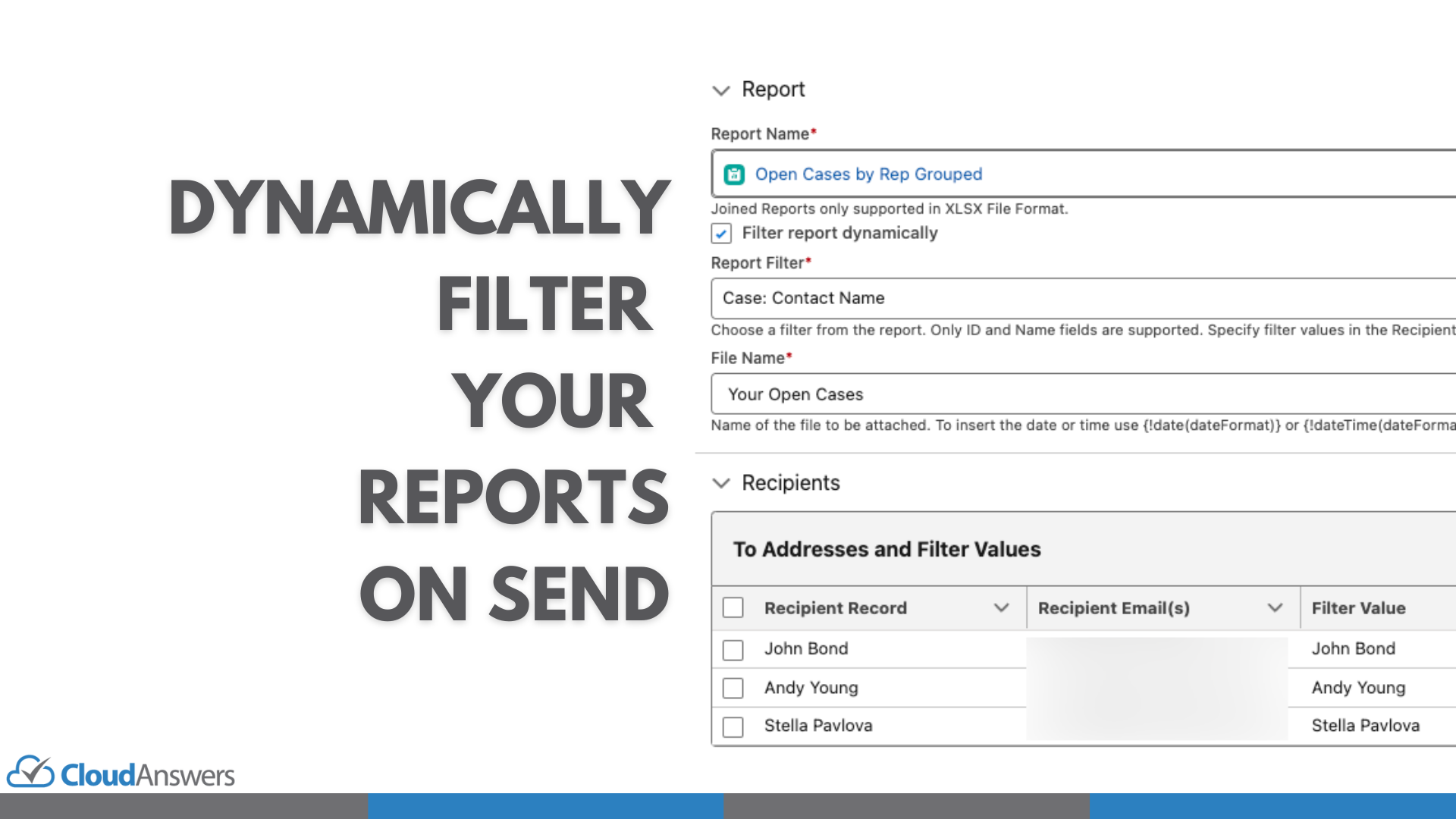Within the Salesforce platform, there are many measurement tools that allow the decision-makers to take a wide-angle view of their team’s performance and simultaneously grasp the important details that may go unnoticed.
Salesforce reports allow a business to understand its current revenue pulse, make decisions for the future, and set goals for advancement. The information provided by reports and dashboards is very important in today’s environment, where it’s critical to be proactive, rather than reactive. And business leaders have questions that reports can answer. But if your Salesforce reports are not configured in a manner that responds to your inquiries – how will you be able to make decisions?A good report should contain all the information necessary to support decision-making. Furthermore, it should lead directors and top management to ask the right questions and initiate a series of actions. That will increase the ability of the organization to achieve it’s short- and long-term goals and create sustainable value.
Good quality information should be:
RELEVANT – presented information should be focused and match the defined objectives and the strategy. In other words, does it answer the questions your team is asking?
INTEGRATED – reported information should be produced for a range of internal and external purposes. It should be used in your presentations and in meetings. It should be based on data that is updated regularly through normal business processes.
IN PERSPECTIVE – all the information should be presented in relevant time frames and appropriately filtered for the audience.
TIMELY – recurring reports should be received always on time. It is crucial that monthly board reports that contain performance information are ready and available when they are needed. Even better if all reports are available on demand and the most important ones are scheduled for automatic delivery.
CONCRETE – it should contain needed information. For example, monthly board reports should contain performance information relating to key operational issues, the critical success factors (CSFs), and key performance indicators (KPIs).
RELIABLE – People need to trust the data in the report. This requires good data governance and accurate report building. And checking your reports.
COMPARABLE – some of the reports like the ones for the board, are performance reports and they cover financial and non-financial aspects of performance. For financial performance, comparing actual data with forecast (budget/plan/rolling forecast), or in some cases, past data (last month/year), is very essential.
CLEAR – reports should always be written clearly and simply. Everyday language should be used and jargon or acronyms should be avoided. Avoid adding too much information to a report as people may miss the point.
Reporting Rules Worth Following

1. Know your audience
Every report has a purpose and a specific audience. Identify what questions the report will answer. Make sure the report does that and no more. It’s important that your report is catered to the needs of each receiver.

2. Capture the right data
Reports and dashboards are only as good as the data behind them. Align metrics with company vision, take your business objectives, set the metrics that measure those objectives and map them to the capabilities of Salesforce CRM. The recommendation is planning reports first and then configure the application by adding custom fields, formulas, and other changes to capture the data you need.

3. Make reports easily accessible
Once the report is created make sure that all, who should see it and have the interest to see it, have access to it. Choose a clear name and add a helpful description. Or schedule it to get automatically delivered to the right people.

4. Automate workflow
Automate everything to save time. Salesforce report subscriptions and Report Sender provide two different ways to schedule and automatically send results to stakeholders and managers. With automation you will have more time to focus on critical projects instead of building the same reports and sending them out over and over.
Reports provide visibility
- If you are running an important initiative, you use reports to present how your project or program is doing.
- If you are facing challenges, risks, issues, then you use reporting to bring this to management’s attention – so you can get the help you need.
- If the team is doing an excellent job, your reports will present this – and get you and the team’s attention and appreciation.
- You also need reports to manage team projects better. Reports help you regularly monitor your team’s progress against goals.
- Regulators, auditors, senior management – all of them look for reports to understand progress against goals and targets.
Conclusion
Reports can provide insight at all levels of the company. So why not improve your reports today? Reports and dashboards are designed to be iterative – it is important to keep them current and relevant. To successfully roll out business metrics good communication is key. Make it easy for your users to find, view, and access the dashboards relevant to them. Then see how much your business transforms.
Check also other articles that are related to :
Run Salesforce reports in Apex
7 Popular Reporting Apps for Salesforce
How To Make Your Salesforce Reports Run Faster
CloudAnswers provides free apps that help you work faster and more efficient with Salesforce
Check it now!
image: /uploads/



